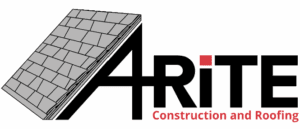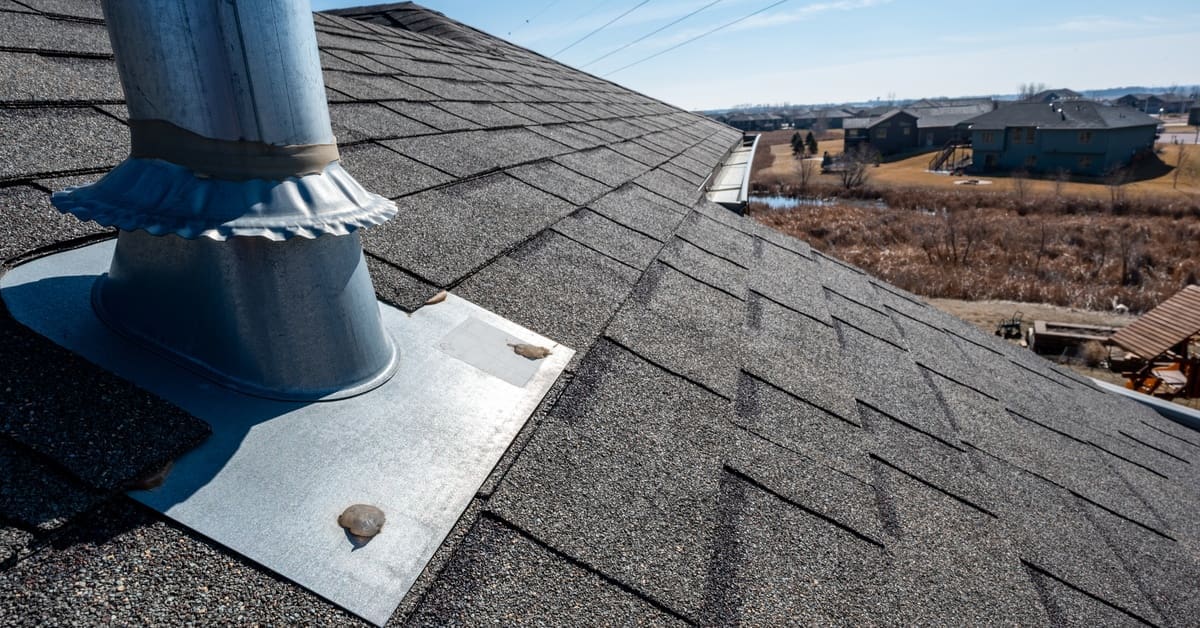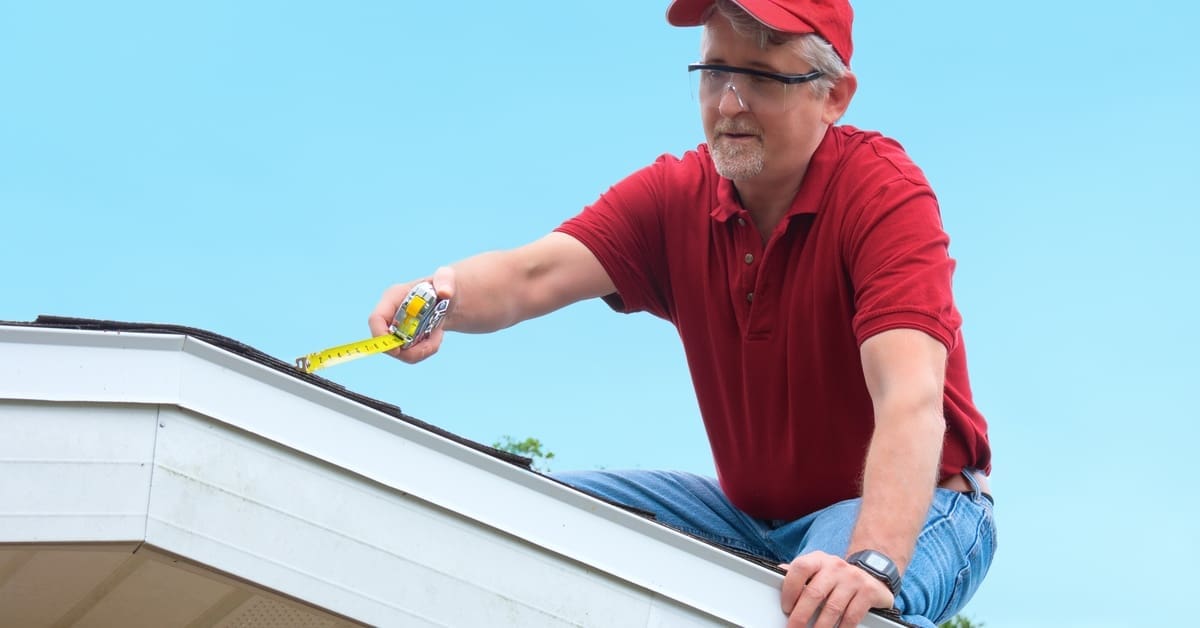Although the weather in Wisconsin can be unpredictable, it’s expected that frigid temperatures, snow, and ice will arrive at some point during the winter season. These harsh elements can create expensive challenges for many homeowners, especially when it comes to the roof.
Snow and ice can severely affect the integrity of the structure – creating damage to the roof itself, shingles and gutters. Prepping your roof for winter weather can prevent major leaks and deterioration that could leave you and your family exposed to the elements.
There are four common ways in which snow and ice can impact your roof:
- Stress – The intense weight of heavy snow can cause a roof to sag, allowing additional buildups of water, snow and ice to occur.
- Ice Dams – This occurs when melting snow or water can’t escape your roof due to ice blocking your gutters.
- Leaks – Leaks can happen when snow or water finds its way beneath your shingles or into small cracks on your roof. Leaks are one of the leading causes of roof damage.
- Freezes & Thaws – The expansion of freezing water can cause small cracks to widen and shingles to tear off.
Different types of roofing each have a unique resistance to the effects of precipitation.
Below are the most common types of roofing materials:
Copper
– Life expectancy of 50+ years
– Strong metal that is resistant to mold, mildew and other water-related damages including hailstorms
Clay
– Durable and can hold up to the bitter cold
– Acts as a natural insulator by trapping air beneath its tile which helps to limit ice dam formation
Slate
– All-natural durable roofing material
– Water-damage and extreme weather resistant
Wood
– Excellent insulation capabilities
– Lacks a strong resistance to water damage but is a great energy-efficient option in drier climates
Asphalt
– Life expectancy of:
50+ years if upper tier quality
30 years if mid-tier
Under 30 years if lower tier
– Aesthetic options for personal preference
– Algae/Mold resistant
– Variable wind warranties
– Most cost-effective to the consumer
Ongoing awareness and maintenance are the keys to preventing major damage to your roof during the winter. Having your roof inspected before AND after winter has ended are two critical steps to ensure it remains leak-free.
Give yourself peace of mind this upcoming winter by having one of our experts inspect your roof inside and out. Visit our website or contact us today at 715-551-2239 to learn more about roof inspections. We won’t leave you out in the cold!


